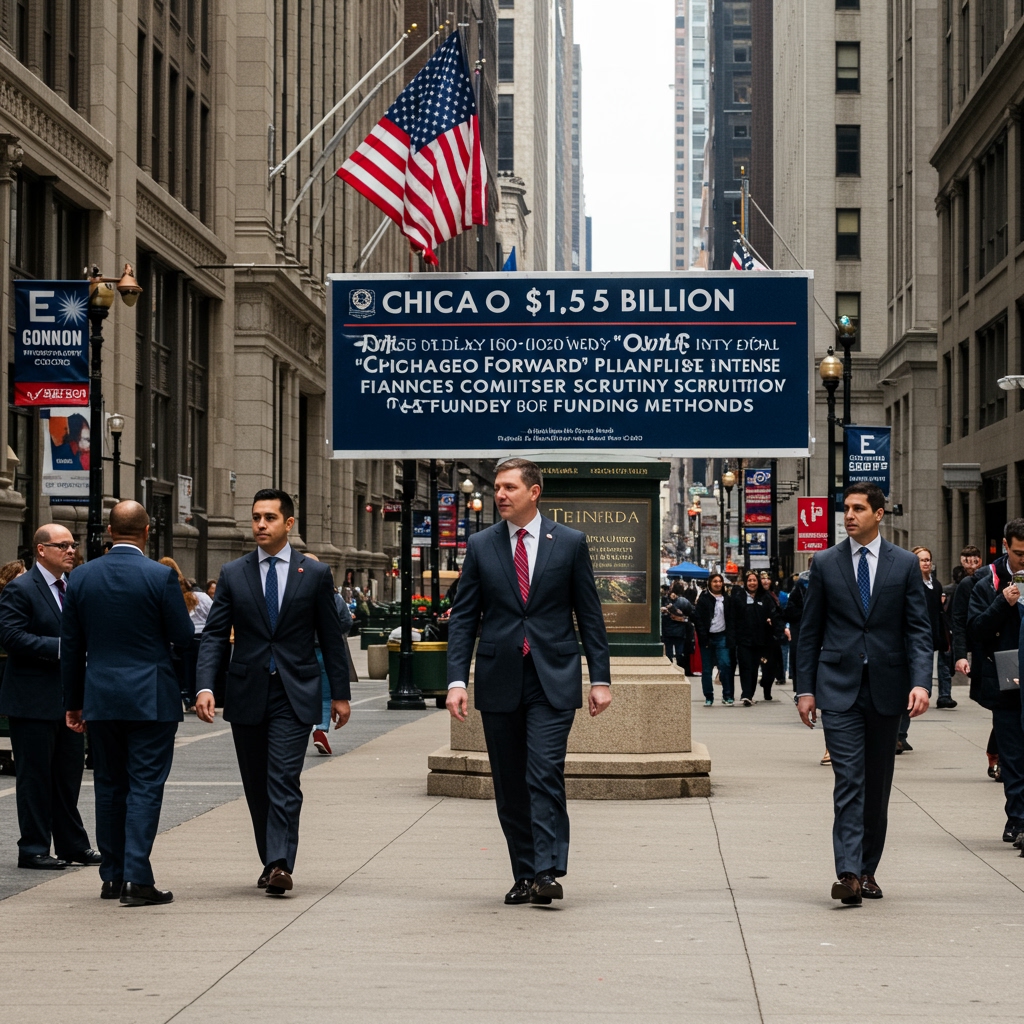CHICAGO – The recent closure of a long-standing Chicago institution, the Gale Street Inn, has ignited a fresh debate surrounding the impact of rising labor costs on the city’s restaurant industry and drawn scrutiny to media coverage of the issue.
Owner George Karzas announced the permanent closure of the beloved restaurant, located at 4914 N. Milwaukee Ave., via Instagram on Thursday, citing staffing shortages as the primary reason for the difficult decision. This announcement came just days before a significant increase in the tipped minimum wage took effect in the city.
However, commentary from the Chicago Tribune editorial board reportedly linked the Gale Street Inn’s closure directly to the wage hike. This interpretation has been sharply criticized by Rich Miller in an article posted on Capitol Fax.com on July 1, 2025, who argues the editorial board’s stance contradicts the Tribune’s own news reporting on the closure.
A Chicago Institution Closes Its Doors
The Gale Street Inn had been a fixture in its neighborhood since 1963, known for its ribs and enduring presence in Chicago’s dining scene. For over six decades, it served generations of customers, embodying the spirit of a classic American restaurant.
George Karzas, the owner, conveyed the challenges leading to the closure through social media. His statement, as reported in news coverage, pointed to the difficulties in “Hiring and retaining quality staff” and the necessity of avoiding “overworking our existing crew.” These statements emphasize operational challenges related to labor availability and sustainability for his current workforce, rather than solely the cost per hour.
The Context of Rising Wages
Chicago’s tipped minimum wage saw an increase from $11.02 to $12.62 per hour on Tuesday, July 1, the very day Rich Miller’s critique was published on Capitol Fax. This adjustment is part of the city’s One Fair Wage ordinance, a measure phasing out the subminimum wage for tipped workers over several years until it reaches parity with the standard minimum wage.
Proponents of the ordinance argue it provides essential financial stability for service workers, reducing reliance on unpredictable tips. Opponents, including some restaurant owners and industry groups, express concerns that the mandated wage increases, combined with other operating costs, place undue financial pressure on businesses, potentially leading to closures or reduced staffing.
Conflicting Narratives and Media Scrutiny
It is within this charged economic and political climate that the Chicago Tribune editorial board’s commentary on the Gale Street Inn closure was published. According to Rich Miller’s article on Capitol Fax.com, the editorial board attributed the restaurant’s demise, at least in part, to the rising tipped minimum wage.
Miller’s central critique is that this editorial stance appears to disregard or contradict the factual reporting within the Tribune’s own news pages. He highlights that news articles covering the Gale Street Inn closure quoted owner George Karzas directly, stating his reasons were centered on the struggles with the availability and retention of qualified staff and preventing the burnout of his existing team. Karzas’s reported comments focused on the difficulty in finding enough people to fill roles and keep his current staff from being stretched too thin, not specifically the cost of the new wage rate itself.
This discrepancy, as pointed out by Miller, raises questions about the alignment between the news-gathering and editorial functions within the newspaper, and how complex business decisions, like closing a long-standing restaurant, are interpreted and presented to the public.
Broader Implications
The differing explanations for the Gale Street Inn’s closure reflect a broader national and local debate about the economic pressures facing the restaurant industry. While labor costs, including wages, are undoubtedly a significant factor for any business, other elements such as supply chain issues, changing consumer habits, and the lingering effects of the pandemic also play crucial roles.
The situation also underscores the importance of clear, fact-based reporting and editorial commentary that is consistent with available evidence. As Rich Miller’s critique on Capitol Fax.com suggests, when editorial opinions appear to contradict the facts gathered by a publication’s own news team, it can potentially impact public perception and the credibility of the information presented.
The closure of Gale Street Inn marks the end of an era for a cherished Chicago establishment. The subsequent debate over why it closed highlights the complexities of the economic landscape for small businesses and the varying ways these challenges are framed in public discourse.















